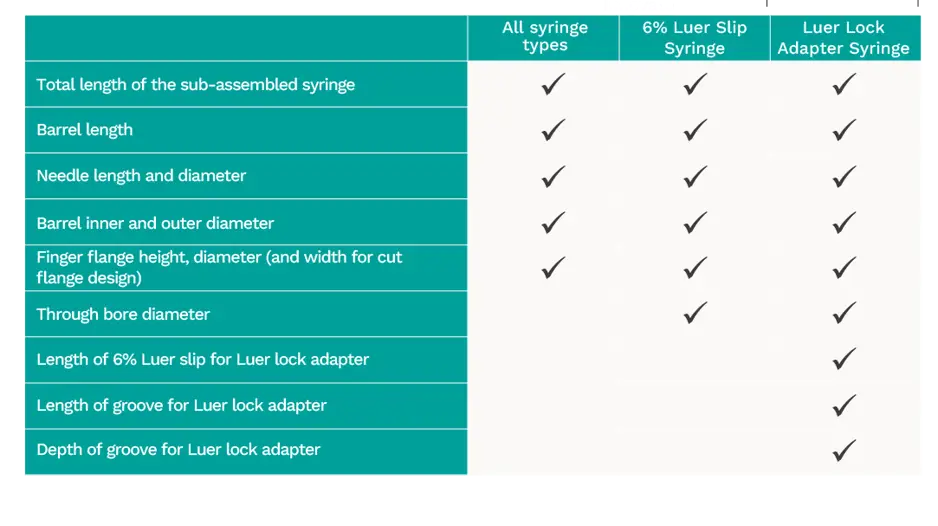Comprehensive, ISO compliant testing for pre-filled syringes and components, helping manufacturers ensure safety, performance and regulatory compliance in a rapidly growing global market.
The use of pre-filled syringes is growing rapidly, driven by the rise in self-administration therapies, biologics and treatments for chronic diseases. As these devices bridge both the pharmaceutical and medical device sectors, they face increasing regulatory scrutiny and a complex approval pathway.
Performance, safety and regulatory compliance of pre-filled syringes are critical to product success. Device reliability and ease-of-use are key to patient adoption and brand success in an increasingly competitive market. Early identification of design or manufacturing issues can avoid costly recalls, delays and ensure brand reputation.




